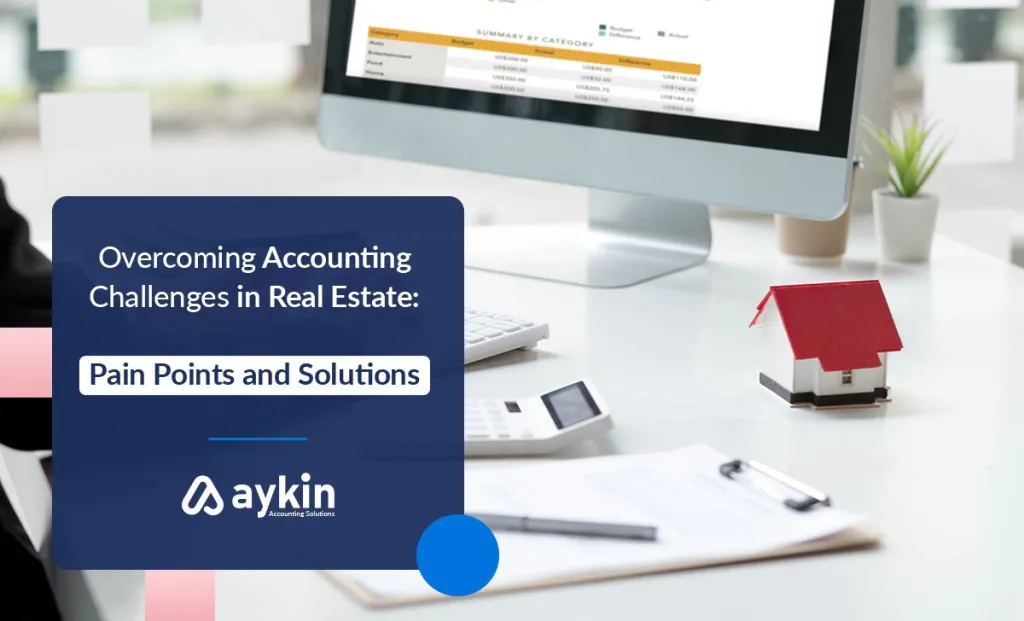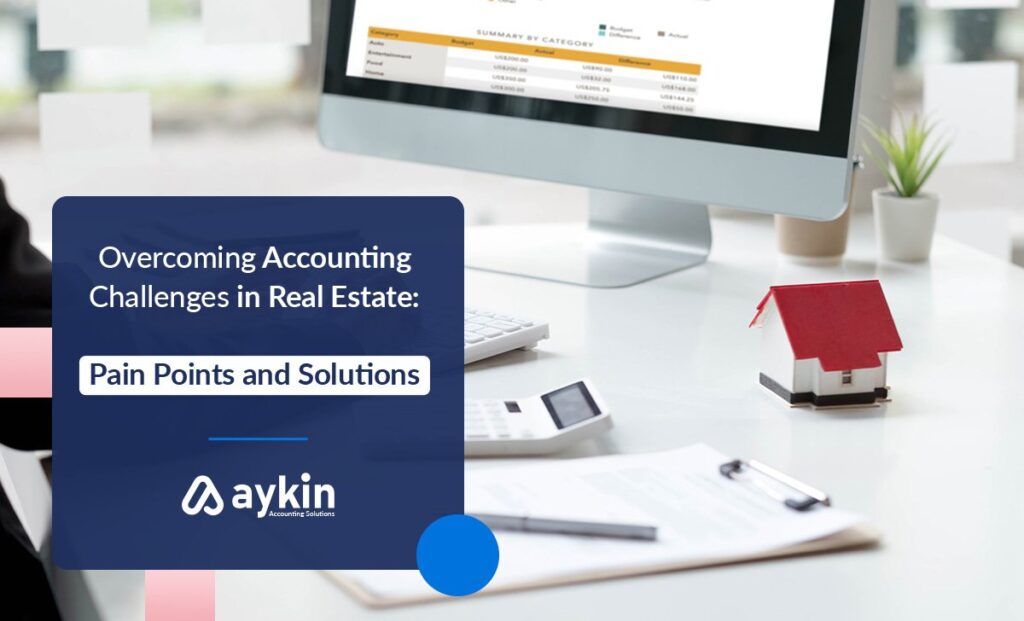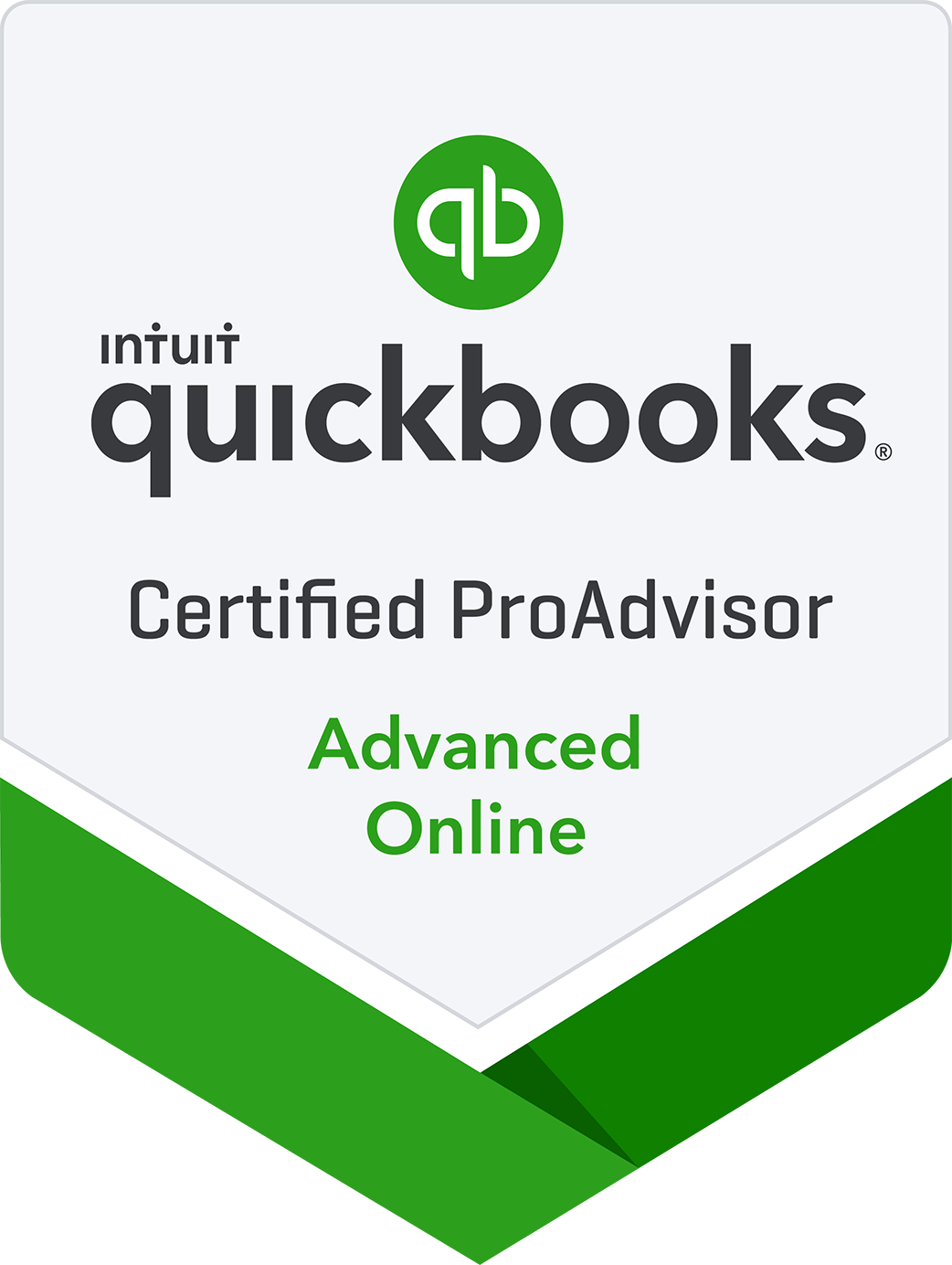Overcoming Accounting Challenges in Real Estate: Pain Points and Solutions

Overcoming Accounting Challenges in Real Estate: Pain Points and Solutions

The real estate industry presents unique accounting challenges due to complex transactions and regulatory requirements. Real estate accountants face difficulties in recognizing and measuring revenue, especially with long-term contracts like leases and development projects. Determining when and how to recognize revenue requires careful consideration of accounting standards, such as ASC 606. Property valuation is another significant challenge, as real estate assets can fluctuate in value.
Accurate valuation is crucial for financial reporting, and accountants utilize various techniques to determine fair value. Staying updated with industry regulations, like the International Valuation Standards, is essential for addressing these challenges in real estate accounting. In this blog, we will explore some of the key accounting challenges faced by professionals in the real estate sector.
Accounting and bookkeeping for real estate businesses can be challenging. Let's explore some common challenges faced in this industry:
Complex Transactions:
- Real estate businesses often deal with complex financial transactions, including property acquisitions, sales, leasing, mortgages, partnership agreements, and 1031 exchanges. Each transaction requires careful analysis and documentation to ensure accurate recording, appropriate revenue recognition, and compliance with tax regulations and reporting standards.
- Managing the intricacies of these transactions requires a deep understanding of real estate accounting principles and attention to detail to mitigate potential errors and financial misstatements.
Multiple Entities and Legal Structures:
- Real estate businesses may involve multiple entities such as partnerships, corporations, and limited liability companies (LLCs). Each entity has its own accounting requirements and tax obligations, making it challenging to consolidate financial information accurately.
- Proper coordination and communication among the entities' financial teams are crucial to ensure accurate financial reporting and compliance with regulatory requirements.
Property Management:
- Real estate businesses typically manage multiple properties, each with its own revenue and expense streams. Tracking income from rent, property maintenance costs, utility expenses, and tenant payments can be overwhelming, especially when dealing with a large portfolio.
- Regular financial analysis and reporting are essential to evaluate the performance of each property and make informed decisions regarding investments, cost optimizations, and rental adjustments.
Depreciation and Amortization:
- Real estate assets, such as buildings and equipment, are subject to depreciation and amortization.
- Calculating and tracking these non-cash expenses can be complex, especially if there are different depreciation methods or changes in asset values over time.
Cash Flow Management:
- Real estate businesses heavily rely on cash flow to cover expenses like mortgage payments, property maintenance, and taxes.
- Accurate cash flow management is crucial to avoid financial strain, but it can be challenging due to irregular rental income, delayed payments, or unexpected expenses.
Regulatory Compliance:
- Real estate businesses must comply with various accounting and tax regulations specific to the industry, such as lease accounting standards, tax deductions, and property-specific regulations.
- Failure to meet compliance requirements can result in penalties and legal issues.
Reporting and Analytics:
- Real estate businesses require comprehensive financial reporting to assess profitability, analyze property performance, and make informed business decisions.
- Generating accurate reports, analyzing data, and providing meaningful insights can be time-consuming and complex.
Integration with Property Management Systems:
- Real estate businesses often use property management software to handle lease agreements, tenant information, and maintenance requests.
- Integrating accounting and bookkeeping systems with these property management systems can be challenging and require efficient data synchronization.
Tax Planning and Optimization:
- Real estate businesses face unique tax considerations, such as depreciation, capital gains, and 1031 exchanges.
- Optimizing tax strategies and staying up to date with changing tax laws can be difficult without proper expertise.
Scalability:
- As real estate businesses grow and expand their property portfolios, managing accounting and bookkeeping processes becomes more complex.
- Scaling operations while maintaining accuracy and efficiency can be a significant challenge.
Real estate accounting poses unique challenges that require qualified professionals, specialized software, and staying informed about industry regulations. By addressing these pain points and adopting the right strategies, real estate businesses can overcome these challenges and establish a solid foundation for financial success. To learn more about how AYKIN Accounting can support your real estate accounting needs, visit AYKIN Accounting.
Share article:



